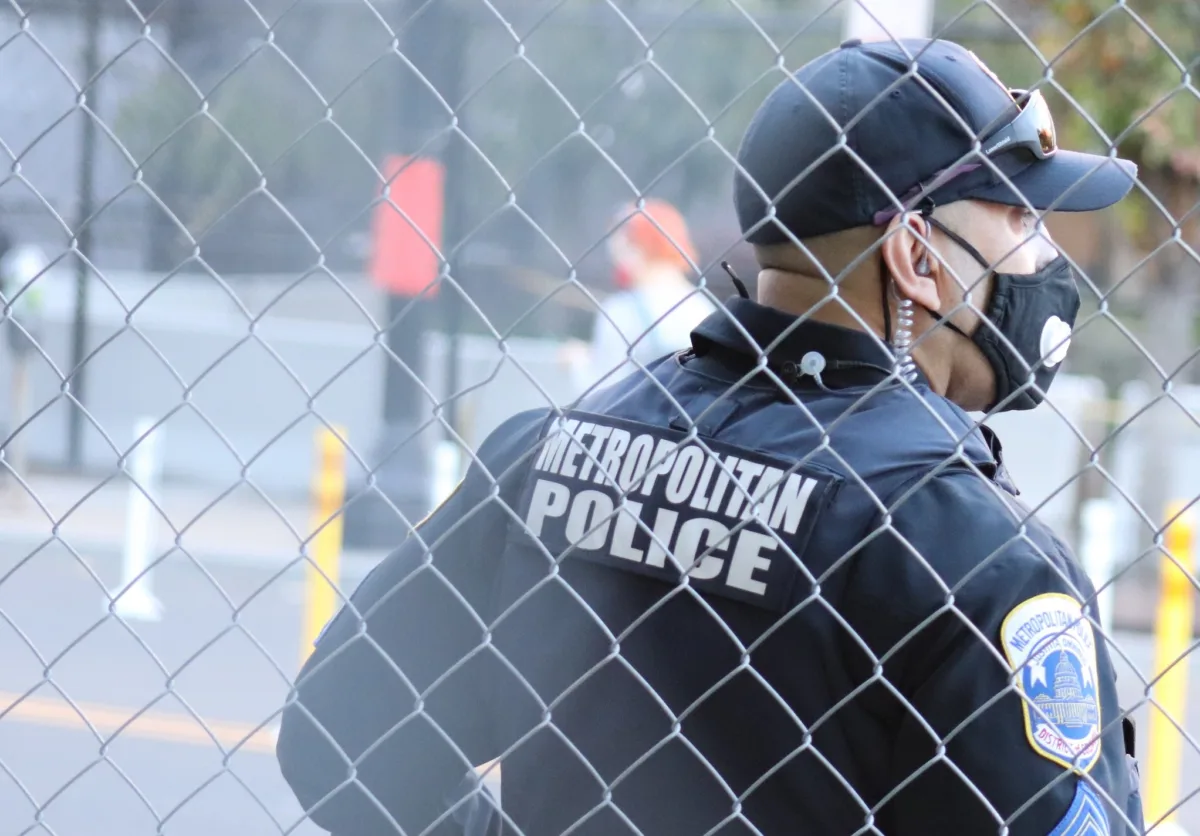
Calls to Defund Violence Interruption in D.C. Are Misguided
Violence interrupters work. But D.C.’s police union is trying to capitalize on a scandal to eliminate them.

Violence interrupters work. But D.C.’s police union is trying to capitalize on a scandal to eliminate them.
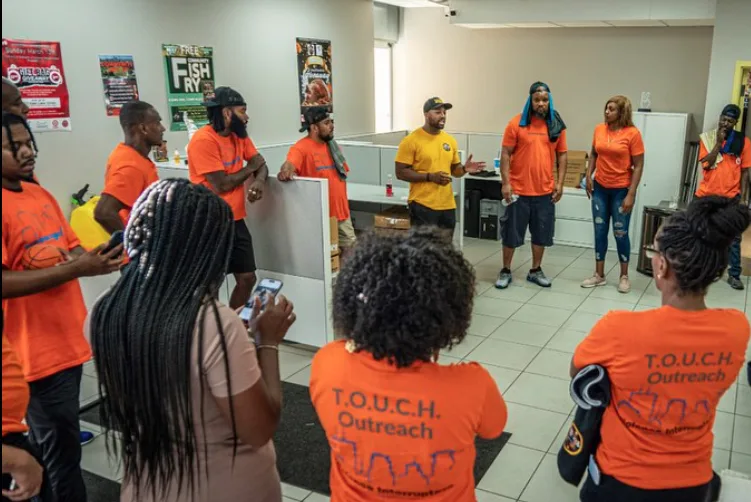
Inconsistent funding and commitments, poor organization, and political pressure have hamstrung the work of community violence intervention groups across the U.S.
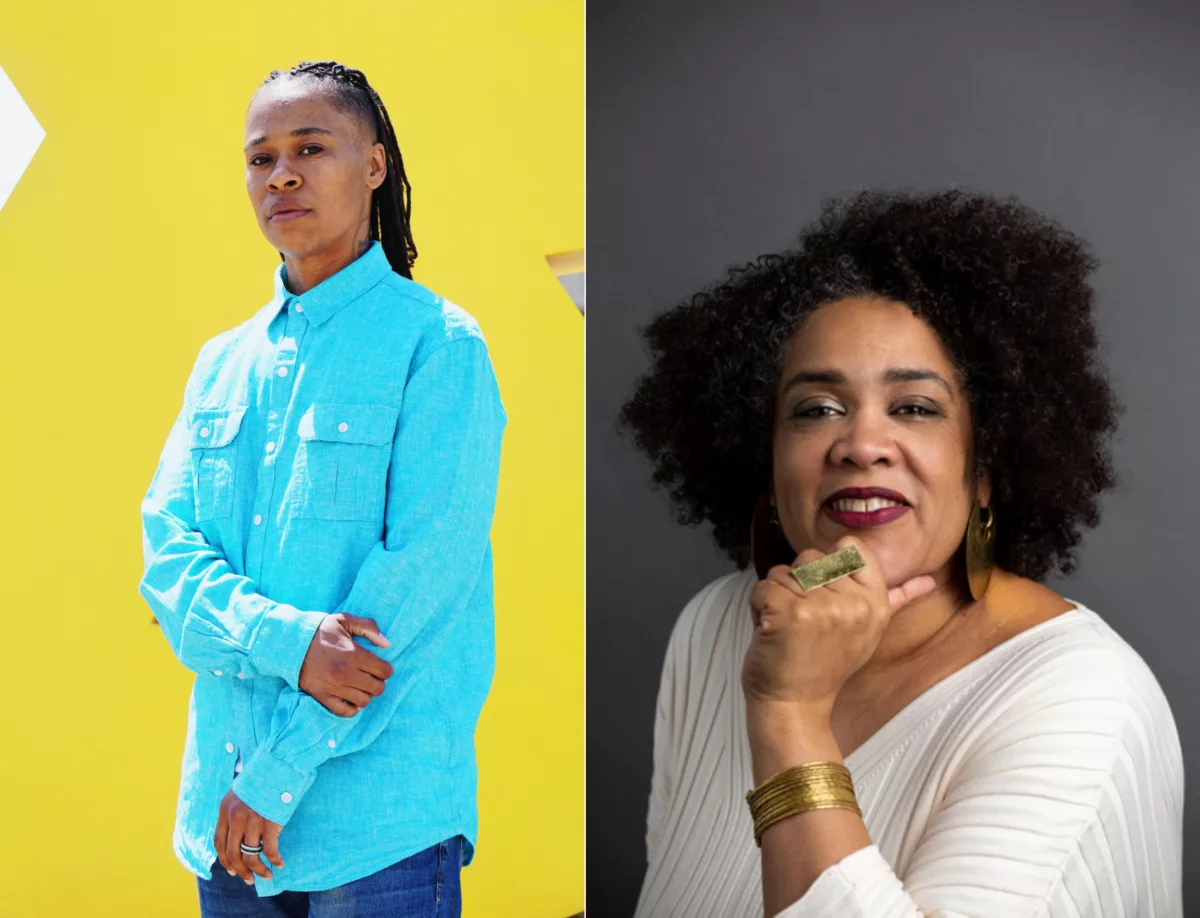
In Healing Justice Lineages, Cara Page and Erica Woodland document a history of care models that don’t involve the prison industrial complex.

The intense focus on increased law enforcement spending in recent years has overshadowed a historic funding boost for community violence intervention.
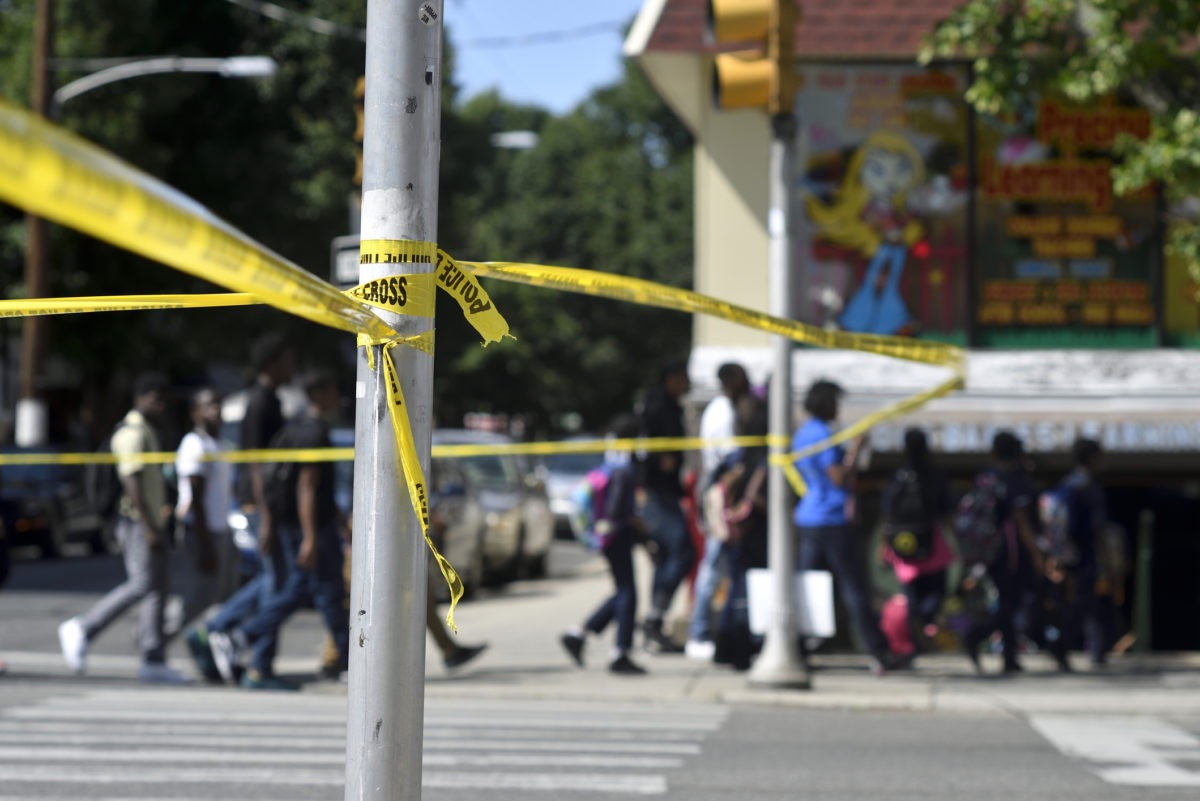
Intergenerational partnerships must be prioritized amid the youth gun violence epidemic — not more police and prisons.
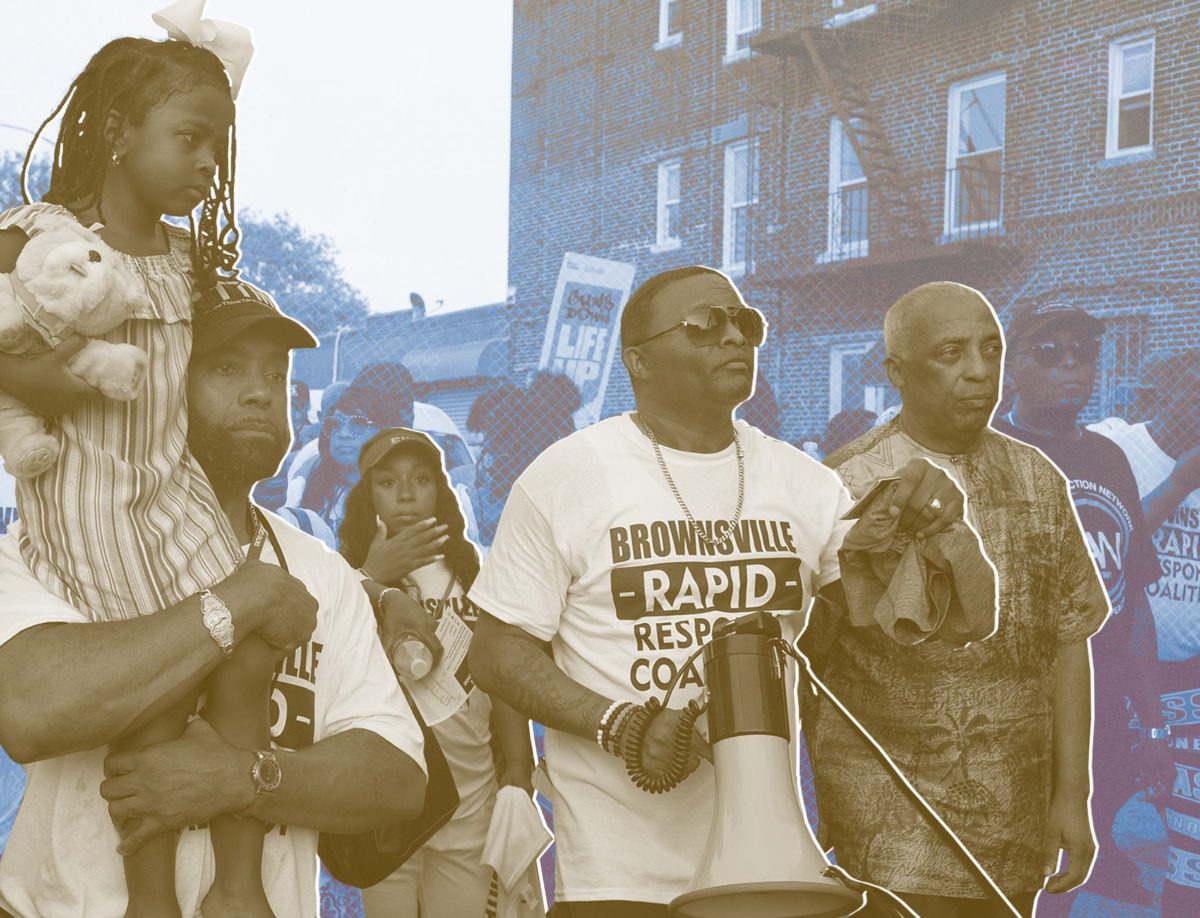
Although there’s a diversity of views about law enforcement in Brownsville, Brooklyn, there’s widespread agreement that the community is still fighting to obtain all the resources it needs to thrive and police itself.
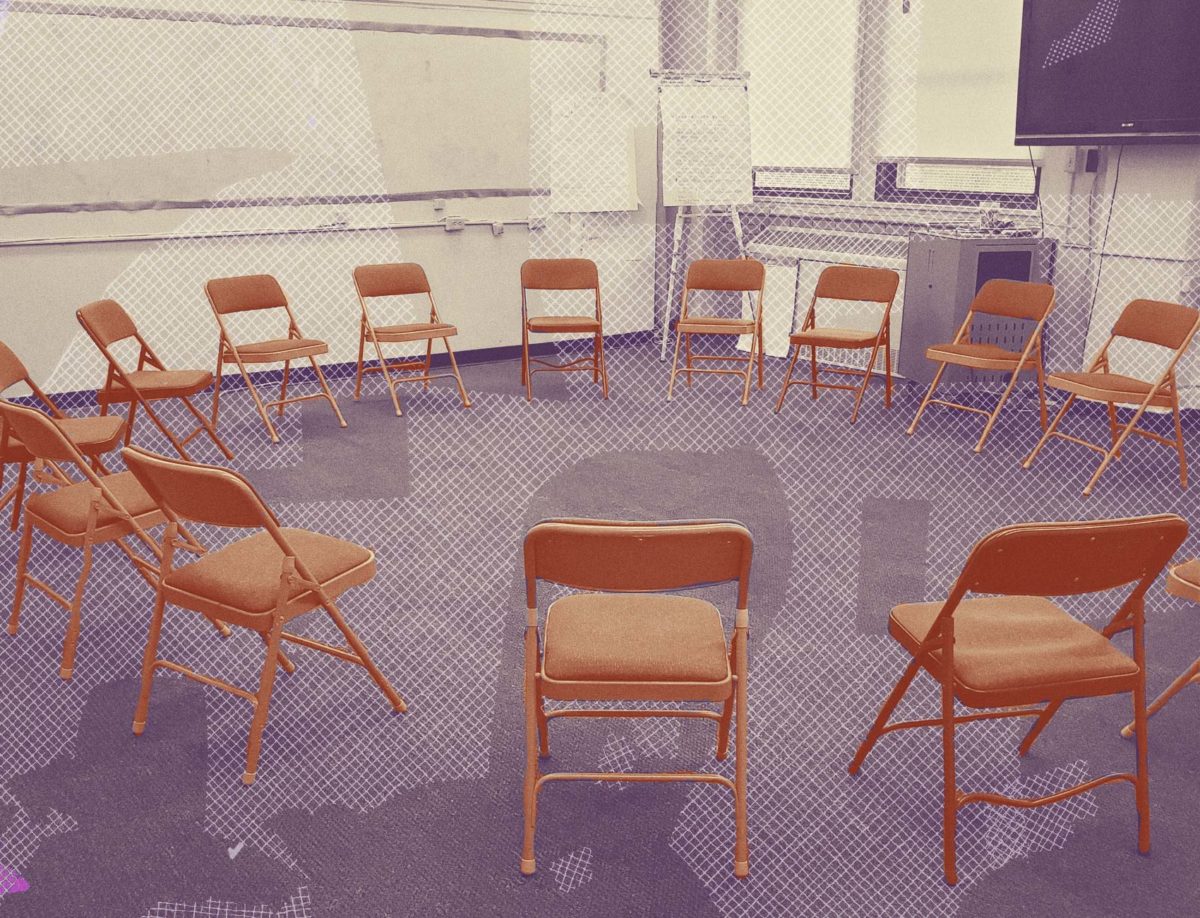
Rates of reporting domestic violence are low in immigrant communities, where survivors of abuse often don’t want to involve the police. As an alternative, the de Blasio administration promised to fund community-based domestic violence programming—but those funds were delayed, and advocates fear programs with strong community ties may not meet the city’s requirements.
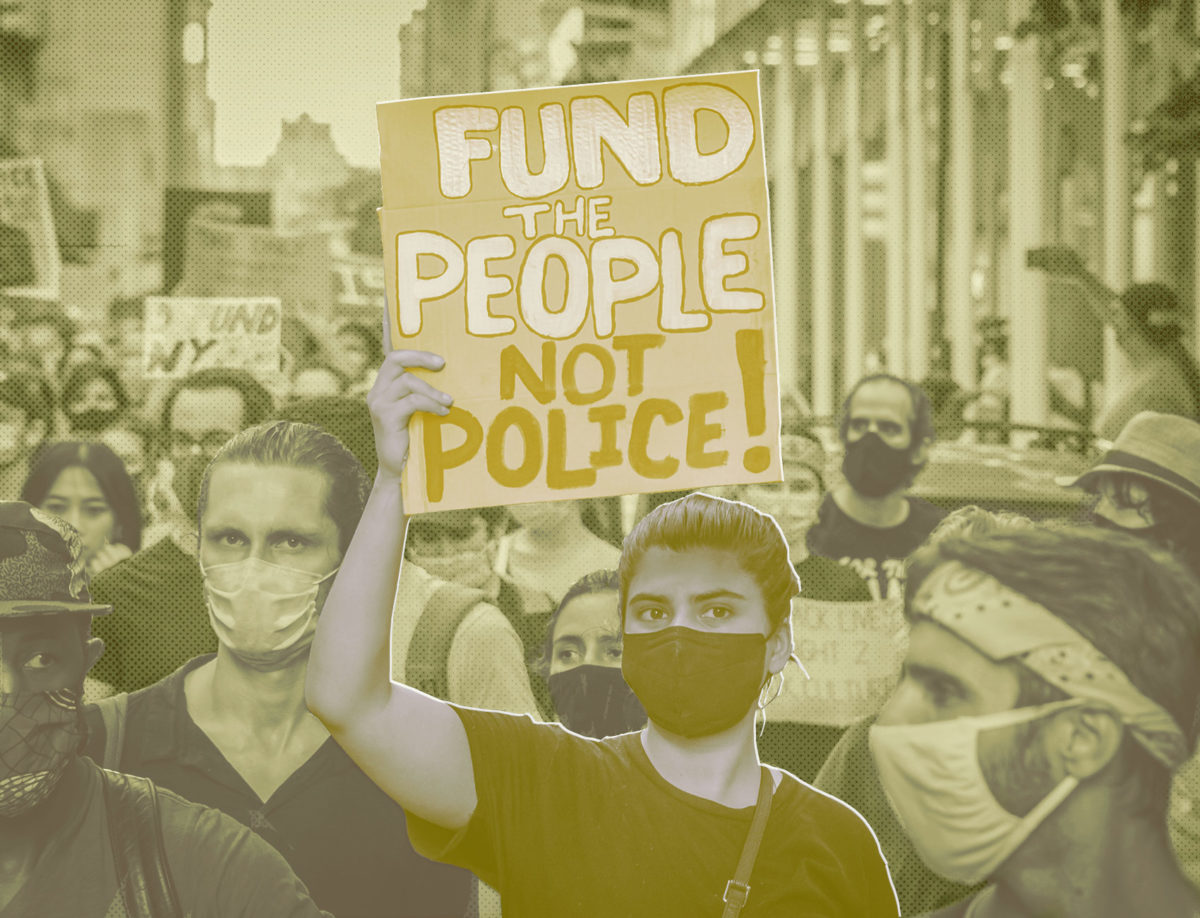
Police should no longer occupy all of our vital support systems in our communities.